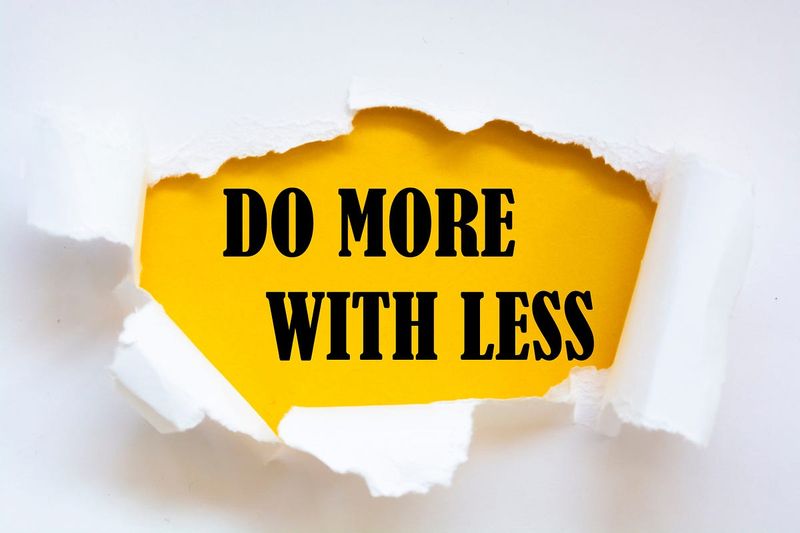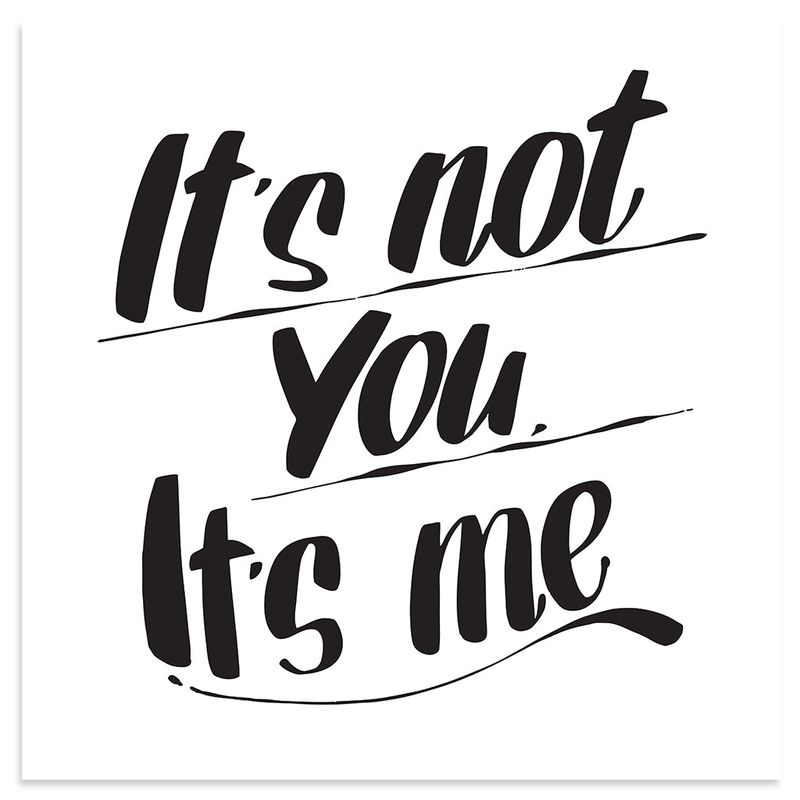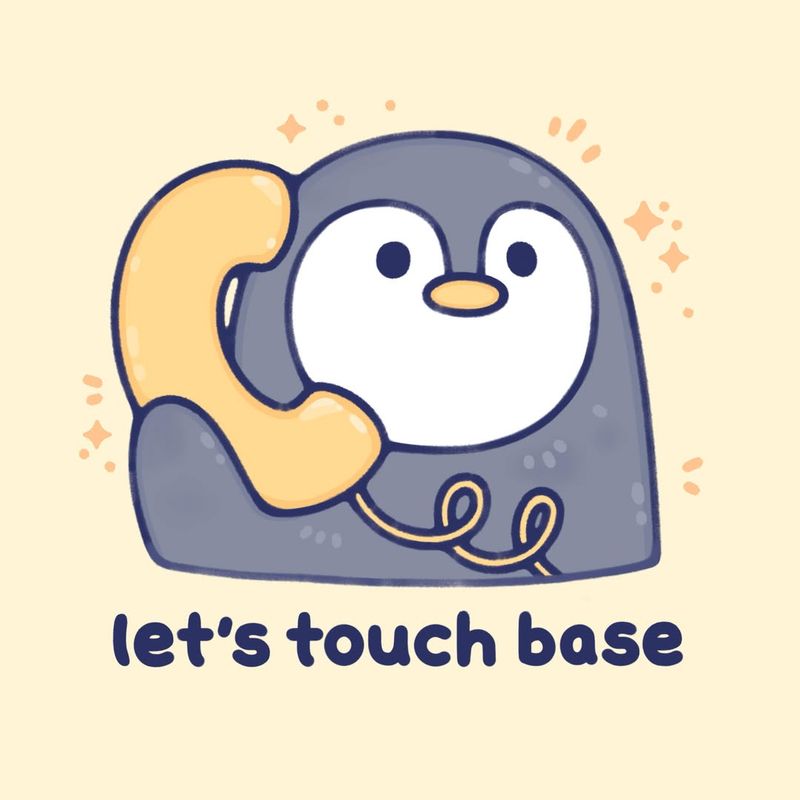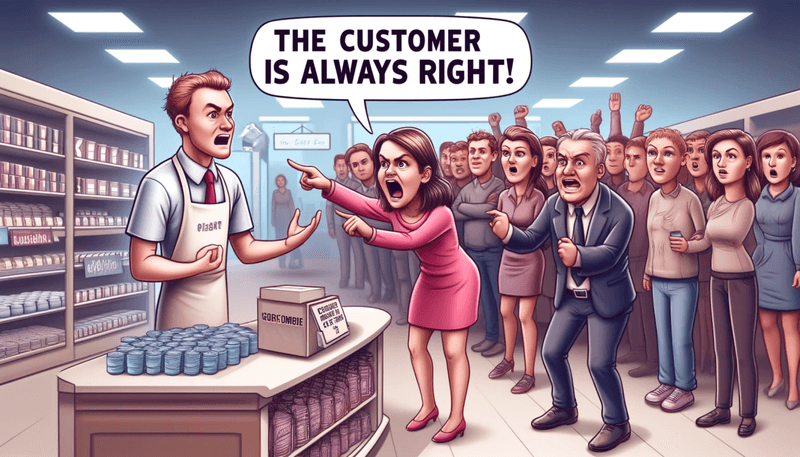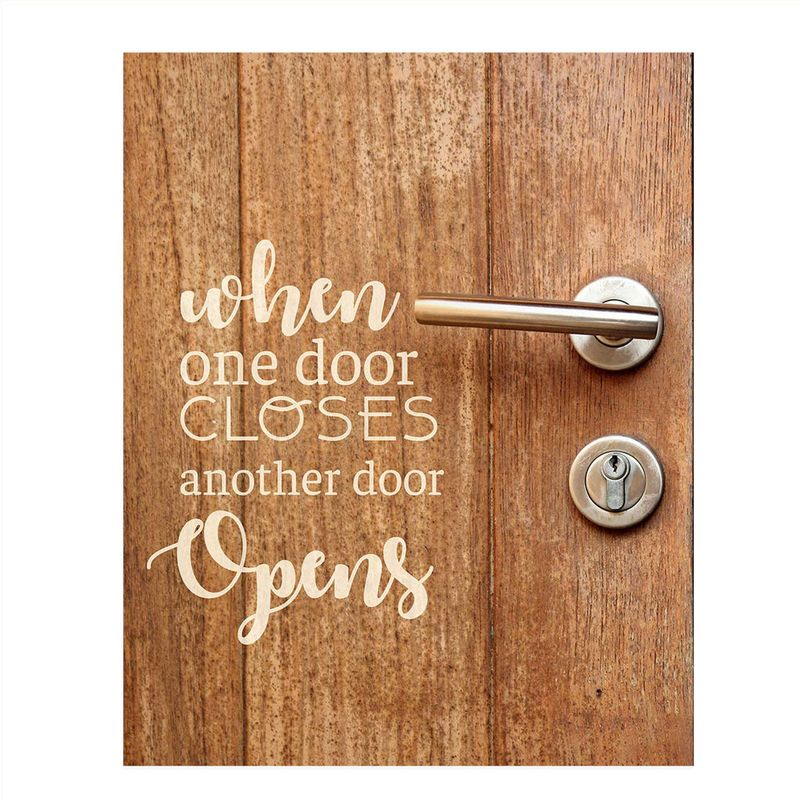In today’s fast-paced world, certain phrases and topics have been repeated so often that they have become tiresome to many Americans.
Whether it’s in politics, pop culture, or everyday interactions, there are some things that have simply lost their appeal through overuse. This blog post explores 20 such items, presenting them in a humorous and engaging manner.
From clichéd statements to repetitive news stories, here’s a lighthearted look at what Americans are tired of hearing.
1. “Fake News”
The term “fake news” is almost inescapable in today’s media-drenched society. Originally coined to describe misleading or false information, it has since been overused and misapplied to dismiss any unfavorable news.
It’s a phrase that has lost much of its original meaning and has become a blanket statement for denying reality.
The constant use of “fake news” in political discourse has only fueled polarization and skepticism. Many Americans yearn for genuine, unbiased reporting without the tag of “fake news” being thrown around.
A call for more responsible communication is what many people desire.
2. “Living My Best Life”
“Living my best life” started as an inspirational mantra, promoting self-care and happiness. However, its overuse, especially on social media, has made it feel cliché and disingenuous.
Every curated post or picture with this hashtag seems to shout the contrary, making many question its authenticity.
It has become a catchphrase for portraying a perfect life, often masking reality. People now crave genuine expressions of joy and contentment without the need for such hackneyed phrases.
Perhaps, embracing life’s imperfections is the new “best life.”
3. “It Is What It Is”
“It is what it is” has become the default response to a range of situations, offering little comfort or solution. This expression is often used to convey resignation, as though accepting circumstances is the only choice.
While it might occasionally provide a sense of closure, its repeated use can feel dismissive and apathetic. Many people are looking for more proactive and positive responses to life’s challenges.
Instead of accepting things as they are, why not strive for change and improvement? This is what many are advocating for.
4. “Let’s Agree to Disagree”
“Let’s agree to disagree” is intended to resolve conflicts amicably, but its frequent use has rendered it somewhat hollow. It often signals the end of meaningful discussion without truly addressing underlying issues.
For many, it feels like a cop-out, avoiding deeper understanding or compromise. People are longing for genuine dialogue where differing opinions are explored, not just brushed aside.
True resolution comes from engaging with differing perspectives, not merely agreeing to disagree.
5. “Think Outside the Box”
The suggestion to “think outside the box” is meant to inspire innovation and creativity, yet its constant repetition has dulled its impact. Many feel it’s often said without genuine encouragement for new ideas.
Ironically, the phrase itself has become a cliché, inhibiting rather than inspiring original thought. People desire real opportunities to innovate, not just empty words urging them to do so.
Encouraging actual creativity requires more than trite expressions, but actionable support and resources.
6. “Do More with Less”
“Do more with less” has been the mantra in corporate environments for years, yet it often leads to burnout and dissatisfaction. It asks individuals to stretch beyond reasonable limits while resources and support dwindle.
The phrase is seen as a way to justify cutbacks and increased workloads, leaving many employees feeling undervalued and overwhelmed.
A shift towards “doing better with enough” could provide a healthier and more sustainable approach to work-life balance.
7. “Because I Said So”
The phrase “because I said so” is often used by authority figures to end debates with children, but it rarely satisfies curious minds. It can stifle learning and understanding, leaving questions unanswered.
Many parents and educators now recognize the value of explanation and dialogue, fostering a more inquisitive and informed generation.
Encouraging questions and providing answers helps develop critical thinking skills, a more rewarding approach than “because I said so.”
8. “YOLO – You Only Live Once”
“YOLO,” or “You Only Live Once,” was initially embraced as a call to enjoy life’s adventures and seize the moment. However, its repeated usage has trivialized the sentiment, often encouraging reckless behavior.
What began as a motivator for living life to the fullest has sometimes led to impulsive decisions without considering consequences.
A more measured approach to living fully might involve thinking about long-term impacts while still enjoying the present.
9. “At the End of the Day”
“At the end of the day” is used to summarize or conclude discussions, but its overuse can frustrate listeners. This phrase often signals a redundant recapping rather than offering fresh insights.
Many people feel it’s an unnecessary filler that adds little value to conversations. Instead, clear and concise communication is preferred.
Striving for more purposeful dialogue, free from overused phrases, can enhance understanding and engagement.
10. “It’s Not You, It’s Me”
The breakup line “It’s not you, it’s me” is a clichéd attempt to soften the blow, but its sincerity is often questioned. It’s a way of deflecting blame without addressing the real issues.
Though meant to spare feelings, it often leaves the other party confused and unsatisfied. Honest communication about relationship dynamics is what many are seeking.
A heartfelt conversation about true feelings can lead to healthier outcomes than relying on tired clichés.
11. “Let’s Touch Base”
“Let’s touch base” is commonplace in corporate lingo, yet it often lacks genuine intent or purpose. It’s a way to suggest communication without specifying details or goals.
Employees often feel it’s a vague promise of connection rather than meaningful engagement. Real collaboration comes from clear objectives, not just touching base.
By defining specific outcomes and intentions, workplace interactions can move beyond superficial check-ins.
12. “Time Heals All Wounds”
“Time heals all wounds” is a comforting thought, but its truth is subjective. While time can ease pain, emotional and psychological healing often requires more than just the passage of time.
Many people find that active engagement in healing processes, such as therapy or self-reflection, is essential. The phrase can sometimes invalidate the complexity of individual experiences.
Acknowledging the need for active healing steps rather than relying solely on time can lead to more profound recovery.
13. “You Can’t Have It All”
“You can’t have it all” is frequently said to temper expectations, yet it can also feel limiting. This sentiment often suggests balancing personal and professional aspirations is impossible.
However, many advocate for redefining what “having it all” means on an individual level. Flexibility and personal priorities can allow a more balanced approach.
By embracing personal definitions of success, people can pursue fulfillment without adhering to societal constraints.
14. “Money Can’t Buy Happiness”
While “money can’t buy happiness” is a widely repeated adage, its interpretation isn’t always straightforward. Financial security can indeed alleviate stress and provide opportunities.
However, overemphasizing material wealth can distract from finding genuine joy and contentment. It’s about balancing financial well-being with meaningful experiences and relationships.
Acknowledging both the limitations and advantages of money can lead to a more nuanced understanding of happiness.
15. “What Doesn’t Kill You Makes You Stronger”
“What doesn’t kill you makes you stronger” is often used to inspire resilience, yet it can oversimplify hardship. Not all challenges lead to growth; some leave lasting scars.
Resilience is more than enduring pain—it’s about learning and adapting. People are seeking more empathetic views on strength and vulnerability.
Recognizing individual journeys and offering support can lead to healthier perspectives on overcoming adversity.
16. “The Customer is Always Right”
“The customer is always right” is a retail mantra that can place undue pressure on service employees. It often overlooks the complexities of human interaction and the need for boundaries.
Many workers feel this phrase compromises their well-being and ability to manage unreasonable demands. Balancing customer satisfaction with employee empowerment is what’s needed.
Encouraging respectful interactions over rigid slogans can enhance both customer and employee experiences.
17. “Everything Happens for a Reason”
Though “everything happens for a reason” offers solace to some, it can invalidate personal struggles. Not all events have clear explanations or purpose.
Understanding life’s unpredictability without relying on deterministic views can be more freeing. Many seek personal growth through acceptance rather than forced rationalization.
Empowering people to find their own meanings and paths is a more inclusive approach.
18. “Follow Your Passion”
“Follow your passion” has been mainstream advice, yet it can lead to unrealistic expectations and pressure. Passion doesn’t always equate to sustainable careers or happiness.
Many are advocating for a balance between passion and practicality. Exploring interests while considering market realities offers a more feasible path.
Encouraging exploration without rigidly adhering to passion can lead to more fulfilling lives.
19. “When One Door Closes, Another Opens”
“When one door closes, another opens” provides hope after disappointment, yet it can oversimplify complex transitions. Not all changes immediately present new opportunities.
Finding strength in persistence and adaptability can offer a more realistic view. Bouncing back requires time and effort, not just waiting for the next door to open.
Supporting people in navigating life’s changes rather than relying on platitudes can be more empowering.
20. “Keep Calm and Carry On”
“Keep calm and carry on” is a mantra for maintaining composure, yet its overuse can feel dismissive. It doesn’t always acknowledge the need for addressing stress or anxiety.
While calmness is valuable, sometimes action and change are needed. Encouraging proactive stress management over passive calmness is becoming more recognized.
Supporting mental health with more than just slogans can lead to more substantial well-being.






